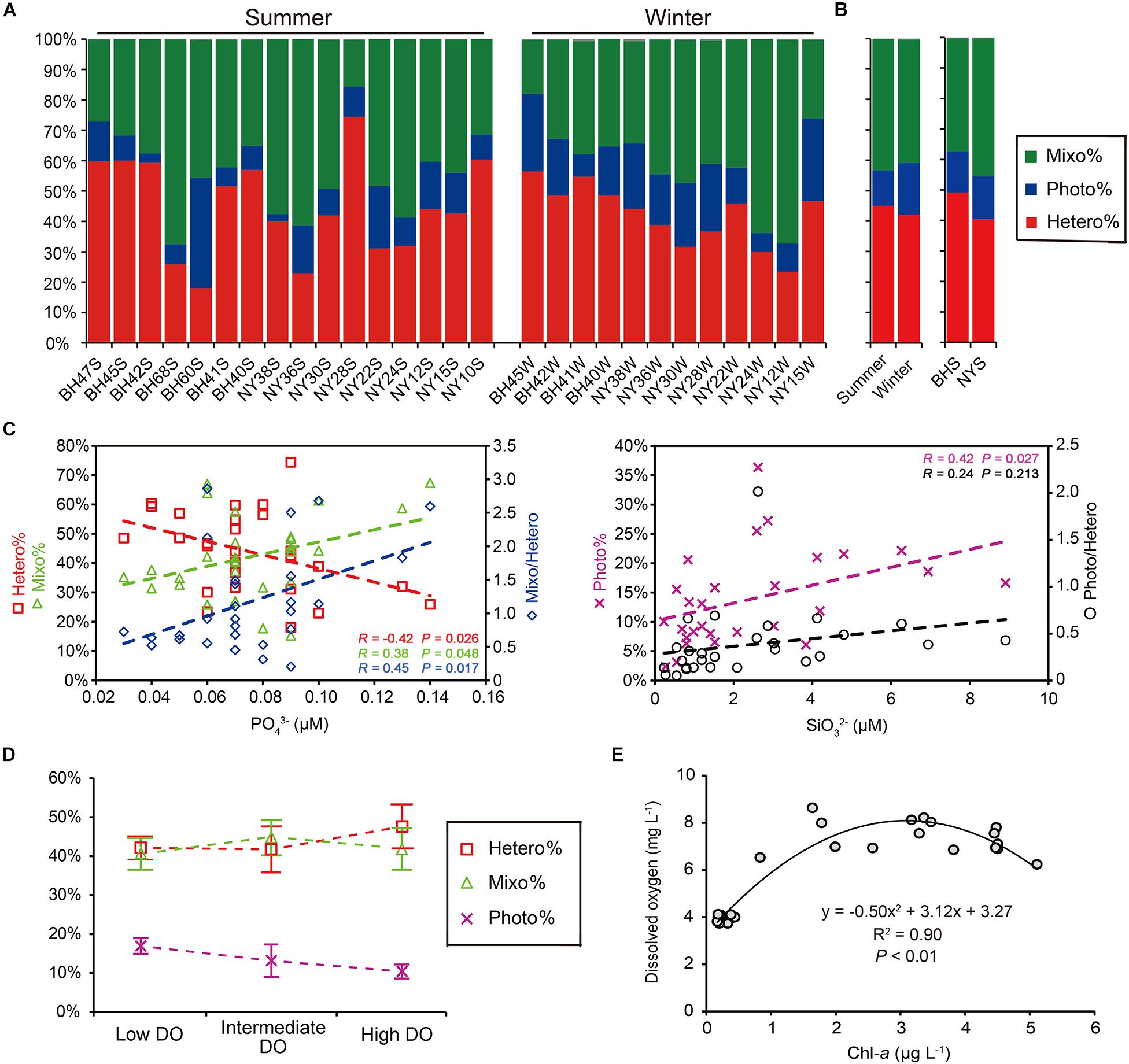Why Consent Forms Are Essential for Trans Cam Content
페이지 정보
작성자 Zak 작성일 25-09-18 13:03 조회 5 댓글 0본문
When creating private trans cam recordings—whether to build a subscriber-based library—acquiring documented agreement is far more than a courtesy. Consent documents provide legal coverage for creators and participants by detailing the parameters of the session, the permitted applications of the content, and the designated recipients of the recording.
In the absence of documented permission—no matter how enthusiastic the participant seems—there is no legally enforceable record of consent. Should a dispute arise—content being leaked—failure to produce written consent may trigger lawsuits or platform bans. Written permissions mitigate these risks by defining acceptable use before content is captured.
A comprehensive consent document for trans performers must include: the participant’s full legal name, http://mixo.io the exact date and location of the session, a clear outline of what will be filmed, permitted applications of the footage, private archival storage, and boundaries they wish to enforce. It is essential to include that the participant is an adult under applicable law and has entered the agreement free from coercion or manipulation.
All text within the document written in plain, everyday language to prevent confusion or misunderstanding. Steer clear of obscure legal jargon that makes consent feel transactional or coercive. Participants must be given space to seek clarification and propose amendments before signing. All involved stakeholders should retain a signed copy of the agreement.
Consent is not a one-time signature. If the original use of the footage changes—for instance, if it’s sold to a third party—fresh written permission is required. Continuous communication and respect for evolving boundaries are vital to sustaining trust.
In an era where content spreads instantly—where leaks are common—verifying legal authorization for each session is a necessary assertion of dignity. It honors the agency of the individual being recorded and shields all participants from emotional and psychological harm. Prioritizing ethical documentation is more than legal compliance—it is about building a culture of integrity.

- 이전글 High Stakes Download Link Http Dl Highstakesweeps Com Explained
- 다음글 The History of the Modern Casino
댓글목록 0
등록된 댓글이 없습니다.